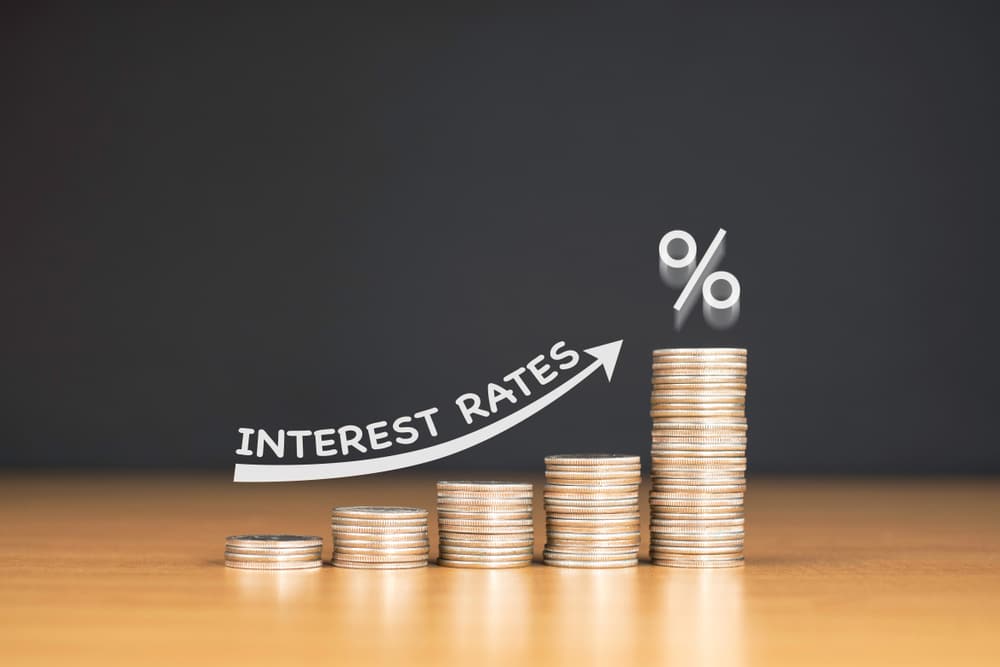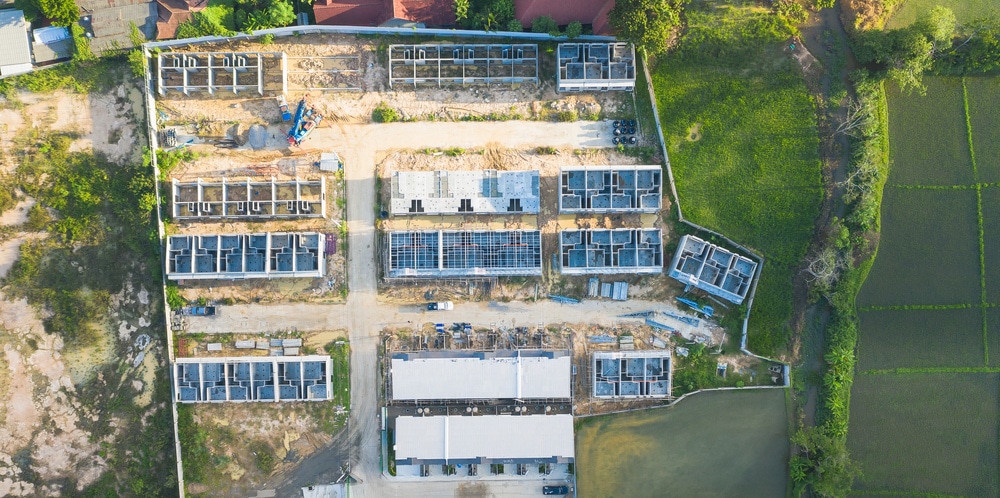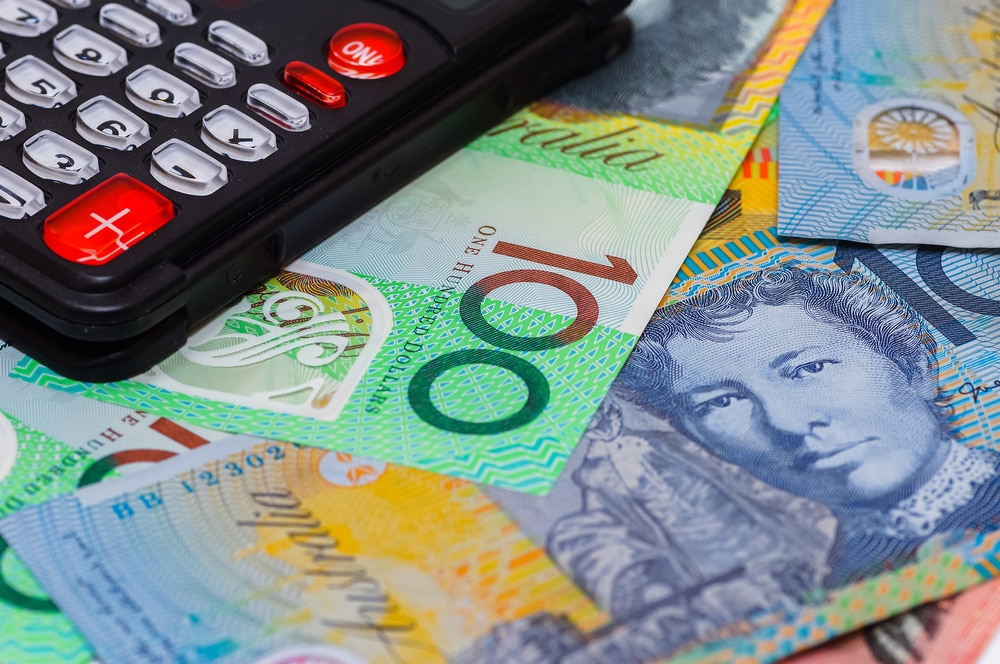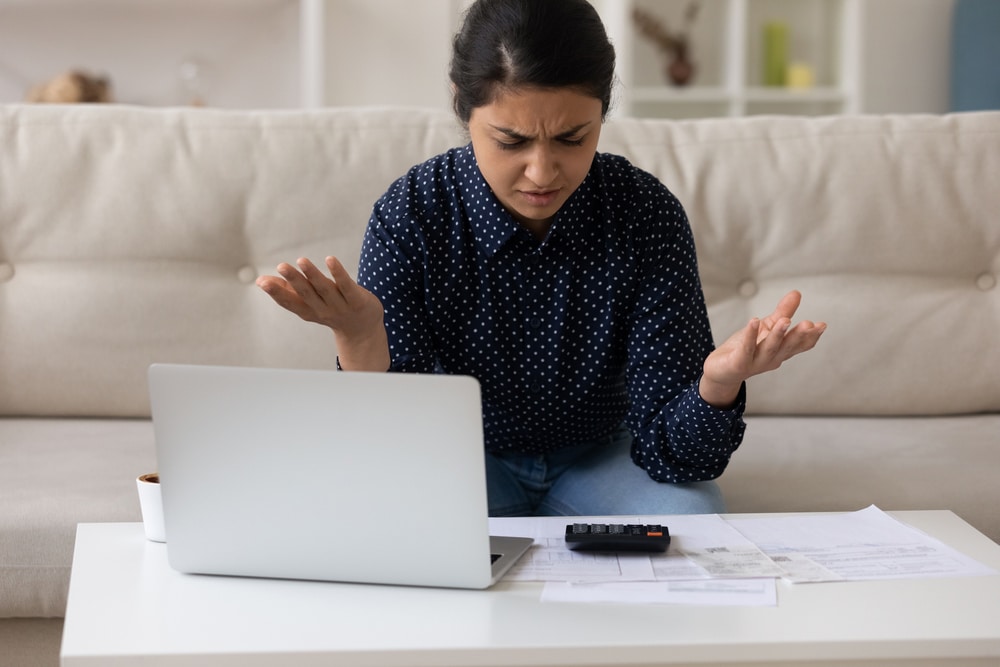
How To Prepare for a Rise in Interest Rates
Right now, in Australia, we are experiencing a record low in interest rates – meaning cash is cheap and it’s a great time to borrow and invest.
But it’s unlikely to last. In fact, it’s not a matter of if more than it is when…
Smart property investors know that it’s dangerous to get too comfortable. Real estate is an ever-changing thing. Markets go up, down and plateau – and so do interest rates.
The question is, how prepared are you for a sudden spike?
PLAN AHEAD NOW
The key to being ready is having a strategy.
Before you spend a single cent on property, you should first devise a long-term plan that takes into account:
- Changing interest-rates
- Changes in capital growth
- Emergencies
- Changes in personal circumstance
Let’s be clear.
While a clever strategy considers and plans for all of the above, the end-game itself is NEVER influenced by any of these changing factors. Instead, because these variables are anticipated and accounted for, investors can remain focused and unphased by market distractions or disturbances.
DOUBLE DOWN ON OPPORTUNITY
If you’ve invested or held property in Australia in the past 12 months you’ve probably locked in some low-interest rates.
Hopefully your rent rates are healthy and you’re in a positive cash flow situation, with more money coming in from your investment than is going out.
What you do with that cash flow will make all the difference if interest-rates rise.
Spend it on assets that look pretty but don’t appreciate – think cars, jet skis, expensive clothes etc – and you’re not taking advantage of a good situation.
WHEN THE GOING GETS TOUGH, THE BUFFER GETS GOING
Instead of splashing out on high-ticket items because of the savings you’re making off low-interest rates, use this opportunity to get ahead of the game.
The number one thing property investors need to do when the going is good, is to create a financial buffer for each of their investment properties.
A buffer is an emergency amount of capital or money that investors can use. The key to this buffer is that it’s liquid. It’s real cash that you can get your hands on easily and quickly.
A buffer protects you if your circumstances change, if a tenant doesn’t pay rent, or if something in the property breaks and needs a fast replacement.
It also means that when interest rates increase and your rent rates take a while to catch up, you stay in the black.
Over time, if you continue to pay into the kitty, this buffer can even allow you to renovate your property when it needs a lift, which will help to keep your rent rates high.
We recommend having anywhere from $5-10k per property to make sure you never have to put your hand in your own pocket for when the unexpected happens.
As property investors we want 100% of the cost of our properties – that’s renos, insurance, emergency maintenance and any interest-rates spike – to come out of a buffer, and not our pockets.
Talk to the coaches at Positive Real Estate about how to structure your strategy so that your buffers are healthy enough to keep your properties paying for themselves.
DEVELOPING YOUR INVESTOR STRATEGY
There’s no denying that everyone has an opinion regarding the real estate market right now, but the truth is, no-one is an expert except the experts! They’ve been in the game long enough to see how the different property cycles work and what you need to be aware of right throughout your investment journey.
Learn more about how you can take advantage of the current property market at one of our free property investor seminars. You’ll be led by a team of professionals who have demonstrated experience working across all types of markets so you can optimise your ability to grow a budding portfolio, create passive income and get set for the future – whatever that may look like for you.
Spaces are limited.
Recent Articles
Retirement Planning Tips For Property Investors
It’s the Australian dream – the clock ticks 65 (or earlier) and off you sail into the sunset of retirement to live out the rest of your years stress-free. Sadly, for some, this will remain nothing more than a dream with the drastic cost of living rising and no plan to cover the shortfall.
10 Ways To Save For A House Deposit [For Investors Or First Timers]
Saving for a house deposit to get onto the property investment ladder is tough. Especially with the cost of living drastically going up. After bills, rent/mortgage, groceries, petrol, insurance… there isn’t a whole lot left for saving. But that doesn’t mean it’s impossible! By adopting these 10 ways to save for a house deposit you’ll be ten steps closer to building out your portfolio and creating future wealth.
Learn Property Investment In 2022 – Where To Start!
With a commitment to learn property investment and all its ins and outs you’ll be able to grow a booming property portfolio, enjoy passive income streams and eventually create financial security for retirement. Here’s a list of how you can get started…
5 Questions To Ask Before Investing In A House
Some may stumble across a business opportunity, or perhaps investing in shares, but our go-to vehicle is real estate. Real estate is a long game that has the potential to provide generational legacy wealth, if done correctly. To set yourself apart from the 99% of investors who fail, you need to ask these 5 questions before investing in a house.
How To Protect Your Real Estate Assets For Long-Lasting Wealth
Protecting your real estate assets is perhaps more important than building them. Obviously we always hope for the best, but there are many things that can go wrong and when they do, you and your assets are at risk. Incorporating prevention measures into your investment strategy could be the difference between you continuing to build out your wealth or losing everything you own.
How Investors Can Use Equity Lock To Grow Their Portfolio
How to make money from subdividing land largely depends on how you choose to do it. One thing for sure though is that when done right, it can catapult your portfolio significantly in a very short time!
How To Make Money From Subdividing Land?
As an investor, there are many different strategies that you can employ to generate wealth, and a strategy that is great for instant equity gains is subdivision. But, while it sounds like an exciting project to take on, how do you actually make money from subdividing land?
The Money Management Skills You Need For Real Estate In 2022
Real estate is the perfect asset structure for wealth building, but it has to be done right – and that means having solid money management skills to back you as you make these major financial decisions. Some of these skills may seem obvious – like having a budget – but you’d be surprised how many young investors didn’t get to build this foundation of knowledge through their school or home life.
10 Property Investment Tax Mistakes To Avoid
Tax isn’t often one of those conversations that give investors the warm fuzzies, especially when we’re talking about the 10 property investment tax mistakes to avoid! But it’s important that property investors reframe their thoughts around tax. Owning real estate can actually be incredibly tax effective – in fact some might say tax is a secret weapon for property investing.





![10 Ways To Save For A House Deposit [For Investors Or First Timers]](https://positiverealestate.com.au/wp-content/uploads/2022/09/saving-for-a-deposit.jpeg)






